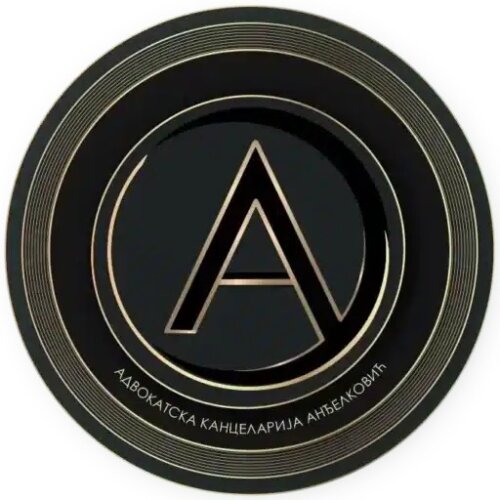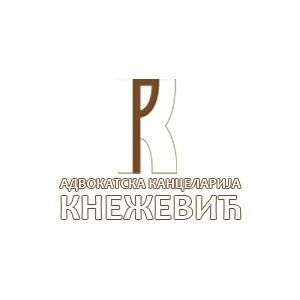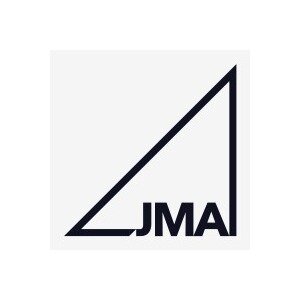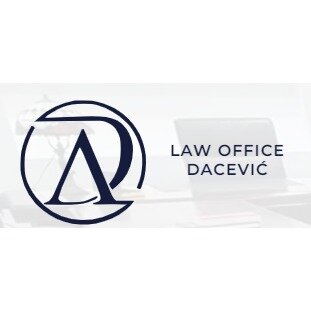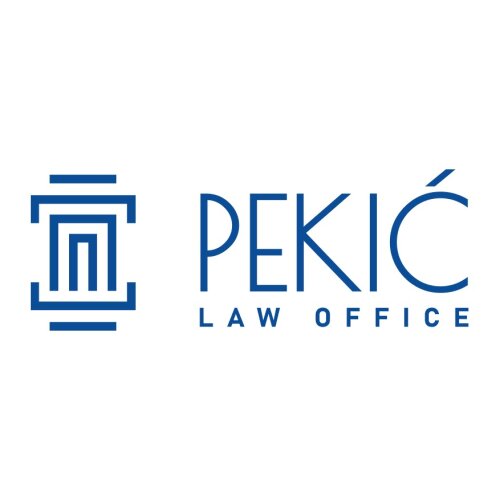Best Conveyancing Lawyers in Novi Sad
Share your needs with us, get contacted by law firms.
Free. Takes 2 min.
Free Guide to Hiring a Real Estate Lawyer
List of the best lawyers in Novi Sad, Serbia
About Conveyancing Law in Novi Sad, Serbia
Conveyancing is the legal process of transferring property ownership from one party to another. In Novi Sad, Serbia, conveyancing involves several regulated steps including property due diligence, drafting or reviewing contracts, registering ownership, and ensuring compliance with both local and national legislation. The conveyancing process typically covers residential and commercial property transactions and is strictly governed to ensure legal certainty and protect the interests of both buyers and sellers.
Why You May Need a Lawyer
There are several situations in which you may require legal assistance for conveyancing in Novi Sad, Serbia:
- You are buying or selling a house, apartment, or commercial real estate
- You need help with drafting or reviewing a purchase contract
- There is a need to verify ownership or investigate encumbrances on a property
- You are dealing with inherited property or shared ownership disputes
- You require assistance with property registration at the local land registry (Katastar)
- There are issues relating to mortgages, liens, easements, or other property rights
- You need advice on local taxes, fees, or legal obligations connected to property transactions
- You are a foreign citizen or company navigating Serbian property laws
Local Laws Overview
Conveyancing in Novi Sad is governed by several key pieces of national and local legislation, most notably the Law on Property Relations, the Law on Transfer of Immovable Property, and the Law on State Survey and Cadastre. Key aspects to consider include:
- Legal title verification and ensuring no outstanding claims against the property
- Mandatory notarization of contracts by a public notary
- Property registration at the Republic Geodetic Authority (RGA) - local cadastre office
- Payment of property taxes, transfer taxes, and registration fees
- Adherence to zoning laws and building regulations in Novi Sad
- Special procedures for foreign nationals acquiring property
- Regulations regarding joint ownership or co-ownership of property
Frequently Asked Questions
What is the first step in buying property in Novi Sad?
The first step is to conduct due diligence, which includes verifying the ownership and legal status of the property with the local cadastre. It is recommended to engage a lawyer at this stage.
Is it necessary to have a lawyer for conveyancing in Serbia?
While it is not legally mandatory to engage a lawyer, professional legal support is highly recommended to avoid costly mistakes and ensure the transaction is properly conducted.
How is a property purchase contract finalized?
A property purchase contract must be signed in the presence of a public notary, who will then certify the document. The notary will also submit the contract for registration at the cadastre.
How long does the conveyancing process take in Novi Sad?
The process can take from one week to several months, depending on the complexity of the transaction and the efficiency of the involved authorities.
What are the common costs involved in conveyancing?
Typical costs include legal fees, notary fees, cadastre registration fees, property transfer taxes, and, if applicable, real estate agent commissions.
Are there any restrictions on foreigners buying property in Novi Sad?
Foreign nationals can purchase property, subject to reciprocity agreements with their country of citizenship. Additional documentation and steps may be required for foreigners.
What taxes apply to a property purchase?
The main tax is the property transfer tax, typically paid by the buyer. The rate may vary, and the notary or lawyer will calculate the exact amount based on local and national regulations.
Can disputes arise after the purchase is completed?
Yes, disputes can occur if there are undisclosed encumbrances, errors in the contract, or issues with the property itself. This is why thorough due diligence with legal assistance is essential.
How is property ownership registered?
Ownership is registered at the Republic Geodetic Authority through a process initiated by notarizing the contract and submitting the required documentation for the transfer of title.
What happens if the property has multiple owners?
If the property has multiple owners, all must consent to the sale and sign the contract. The lawyer will ensure this is handled correctly to avoid future disputes.
Additional Resources
If you need more information or assistance, consider contacting these resources:
- Local public notary offices (Javni beležnik) in Novi Sad
- Republic Geodetic Authority - Cadastre office (Republički geodetski zavod)
- Serbian Bar Association (Advokatska komora Srbije)
- Municipality of Novi Sad, Legal Affairs Department
- Ministry of Justice of the Republic of Serbia
- Local real estate agencies with legal advisors
Next Steps
If you are considering a property transaction in Novi Sad, these steps can help you avoid legal issues and protect your rights:
- Consult a conveyancing lawyer early in the process to discuss your situation and needs
- Prepare all necessary documentation for the property and parties involved
- Allow your lawyer to conduct due diligence and check for any legal or regulatory issues
- Ensure the contract is drafted or reviewed by a legal professional with knowledge of local laws
- Attend the notarization appointment as required by law
- Follow your lawyer's guidance to complete registration and pay every relevant fee or tax
- Keep copies of all documentation and records related to the transaction
Choosing the right legal assistance is essential for a smooth and secure conveyancing process in Novi Sad. Contact a qualified lawyer or legal advisor for tailored support.
Lawzana helps you find the best lawyers and law firms in Novi Sad through a curated and pre-screened list of qualified legal professionals. Our platform offers rankings and detailed profiles of attorneys and law firms, allowing you to compare based on practice areas, including Conveyancing, experience, and client feedback.
Each profile includes a description of the firm's areas of practice, client reviews, team members and partners, year of establishment, spoken languages, office locations, contact information, social media presence, and any published articles or resources. Most firms on our platform speak English and are experienced in both local and international legal matters.
Get a quote from top-rated law firms in Novi Sad, Serbia — quickly, securely, and without unnecessary hassle.
Disclaimer:
The information provided on this page is for general informational purposes only and does not constitute legal advice. While we strive to ensure the accuracy and relevance of the content, legal information may change over time, and interpretations of the law can vary. You should always consult with a qualified legal professional for advice specific to your situation.
We disclaim all liability for actions taken or not taken based on the content of this page. If you believe any information is incorrect or outdated, please contact us, and we will review and update it where appropriate.



